

How AI is Changing the World
Artificial Intelligence (AI) is no longer a futuristic concept confined to science fiction; it is a transformative technology that is reshaping industries, economies, and societies. From healthcare and education to finance and transportation, AI’s impact is profound and far-reaching. In this blog, we will explore how is changing the world, highlighting its benefits, challenges, and future potential.https://openai.com/
1. Healthcare Revolution
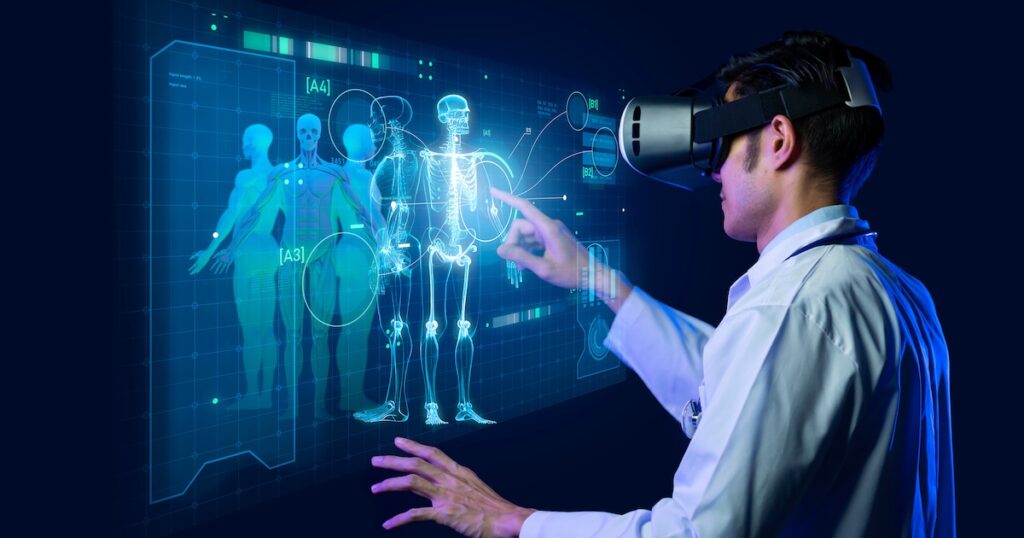
AI is revolutionizing healthcare by improving diagnostics, personalizing treatment, and streamlining administrative processes. Machine learning algorithms can analyze vast amounts of medical data to identify patterns and predict disease outcomes with remarkable accuracy. For instance, AI-powered imaging tools can detect cancerous cells in radiology scans faster and more accurately than human radiologists. This early detection can save lives by enabling prompt treatment.
AI is also enhancing patient care through personalized medicine. By analyzing a patient’s genetic information, lifestyle, and medical history, AI can recommend tailored treatment plans that are more effective than one-size-fits-all approaches. Additionally, AI-powered chatbots and virtual health assistants are providing patients with 24/7 support, answering questions, and helping manage chronic conditions.
2. Education Transformation
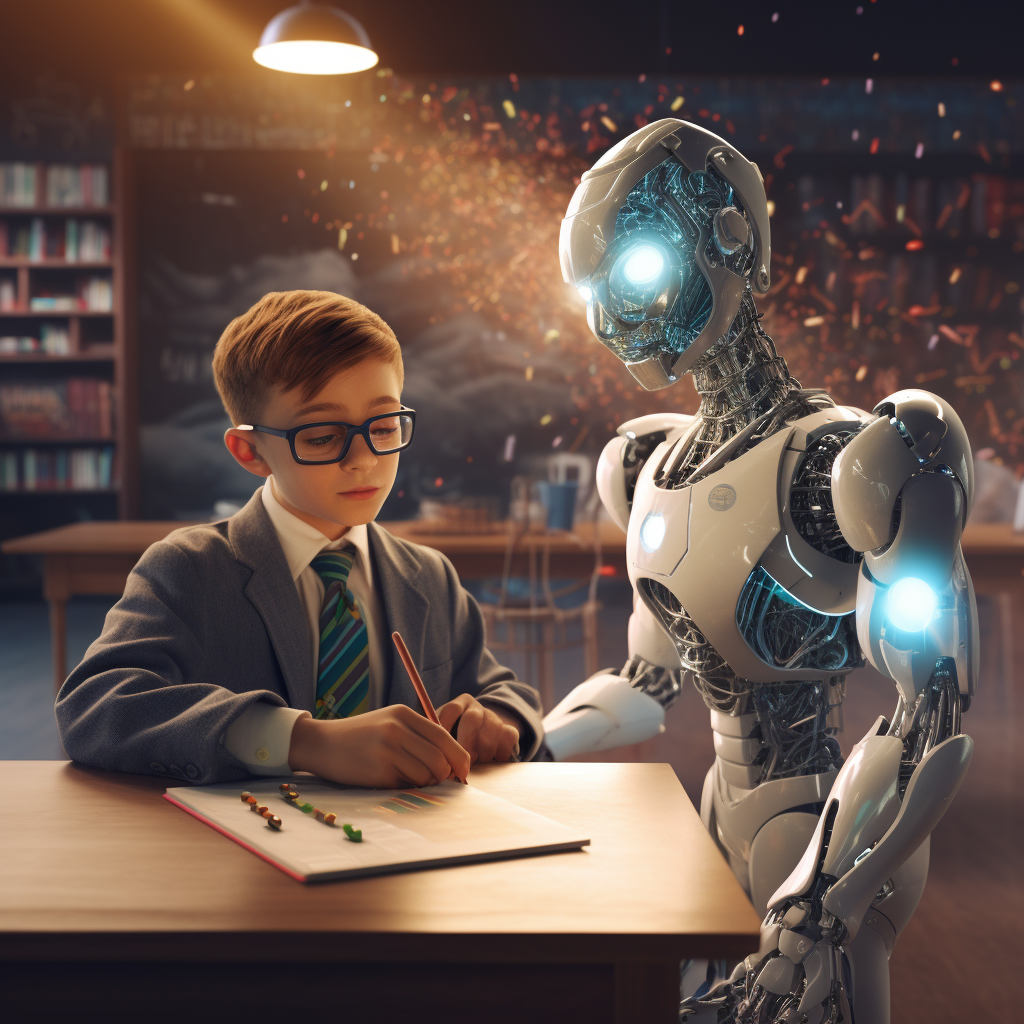
In education, AI is creating personalized learning experiences, automating administrative tasks, and providing valuable insights into student performance. Adaptive learning platforms use AI to adjust the difficulty of educational content based on a student’s progress, ensuring that each learner receives a customized education that meets their needs.
AI can also help identify students who are at risk of falling behind. By analyzing data such as attendance records, grades, and participation, AI algorithms can flag students who may need additional support, enabling educators to intervene early. This proactive approach can improve student outcomes and reduce dropout rates.
Moreover, Artificial intelligence is automating time-consuming administrative tasks like grading and scheduling, allowing educators to focus more on teaching and less on paperwork. Artificial intelligence-driven tools can grade essays and assignments with high accuracy, providing instant feedback to students and freeing up teachers’ time.
3. Financial Industry Disruption
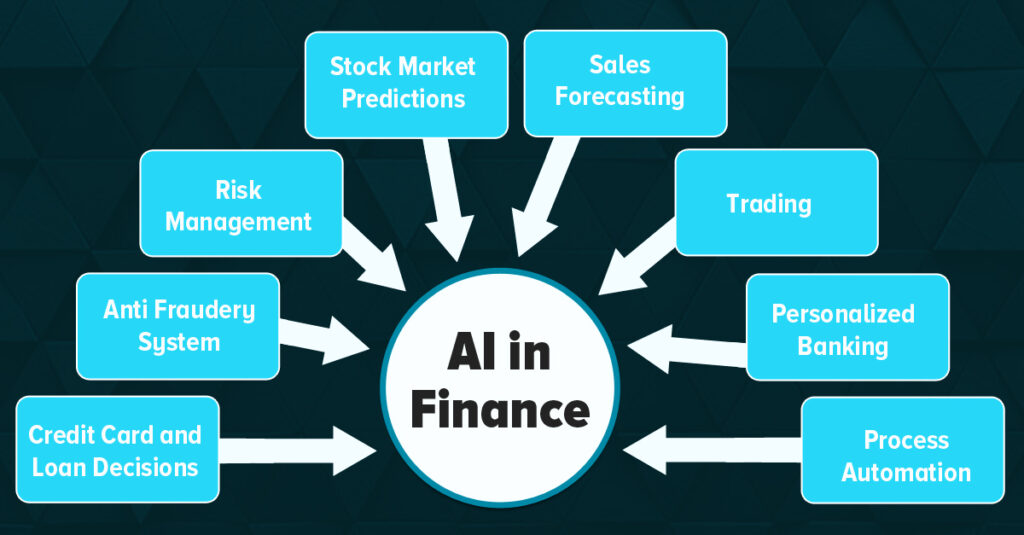
The financial industry is being transformed by in numerous ways. Artificial intelligence-powered algorithms are enhancing fraud detection by analyzing transaction patterns and identifying anomalies in real-time. This capability helps financial institutions prevent fraudulent activities and protect their customers.
Artificial intelligence is also revolutionizing investment strategies. Robo-advisors use machine learning to analyze market data and provide personalized investment advice to clients. These Artificial intelligence-driven platforms can manage portfolios, rebalance investments, and optimize returns with minimal human intervention.
Moreover, Artificial intelligence is improving customer service in the financial sector. Chatbots and virtual assistants are handling routine inquiries, processing transactions, and providing financial advice, offering customers quick and efficient service.
4. Transportation and Logistics Advancements
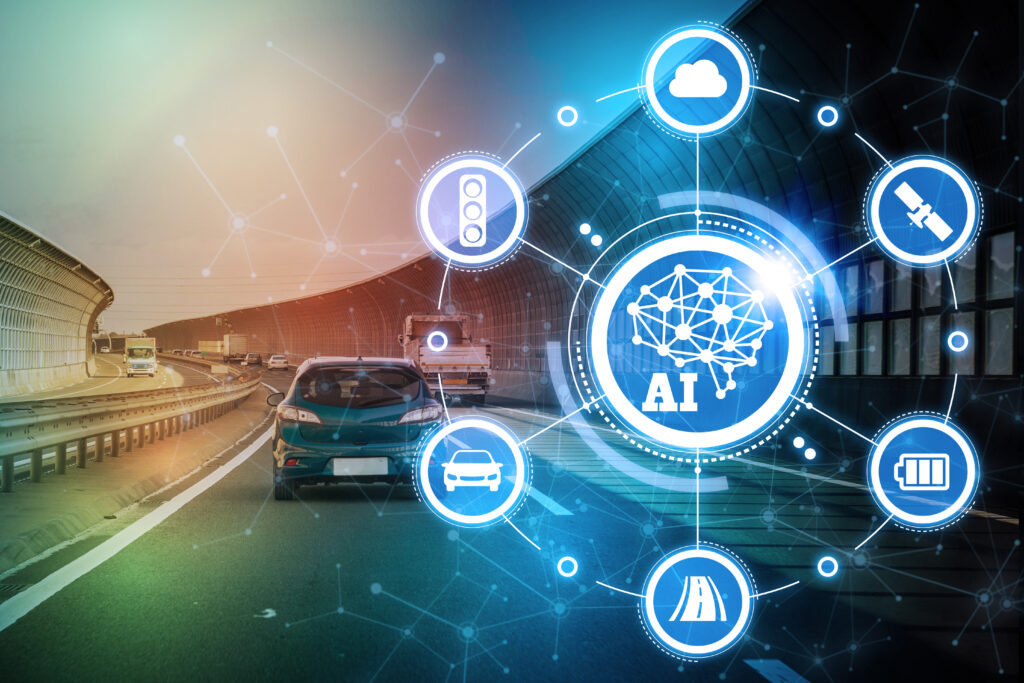
Artificial intelligence is driving significant advancements in transportation and logistics, making them safer, more efficient, and environmentally friendly. Self-driving vehicles, powered by Artificial intelligence, are poised to revolutionize the way we travel. These autonomous vehicles use sensors, cameras, and machine learning algorithms to navigate roads, avoid obstacles, and make real-time decisions. As self-driving technology matures, it has the potential to reduce traffic accidents, lower transportation costs, and decrease carbon emissions.
In logistics, Artificial intelligence is optimizing supply chain management. Artificial intelligence algorithms can predict demand, optimize inventory levels, and identify the most efficient routes for delivery trucks. This optimization reduces costs, minimizes delays, and enhances customer satisfaction. Additionally, Artificial intelligence-powered drones are being used for last-mile delivery, ensuring faster and more reliable delivery of goods.
5. Workplace and Automation
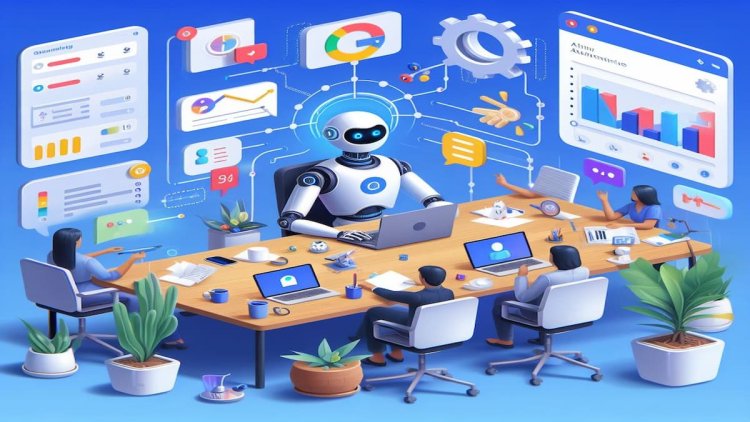
Artificial intelligence is transforming the workplace by automating repetitive tasks, augmenting human capabilities, and enabling new ways of working. In manufacturing, Artificial intelligence-powered robots are performing complex tasks with precision and speed, improving productivity and reducing errors. These robots can work alongside human workers, handling dangerous or monotonous tasks and allowing humans to focus on more strategic and creative activities.
Artificial intelligence is also enhancing decision-making processes in businesses. By analyzing vast amounts of data, Artificial intelligence algorithms can provide insights and recommendations that help managers make informed decisions. For example, AI can analyze customer feedback, market trends, and sales data to identify new business opportunities and optimize marketing strategies.
Moreover, AI is enabling remote work and collaboration. Virtual assistants and Artificial intelligence-driven project management tools are facilitating communication and coordination among remote teams, ensuring that projects are completed efficiently and on time.
6. Ethical and Social Implications
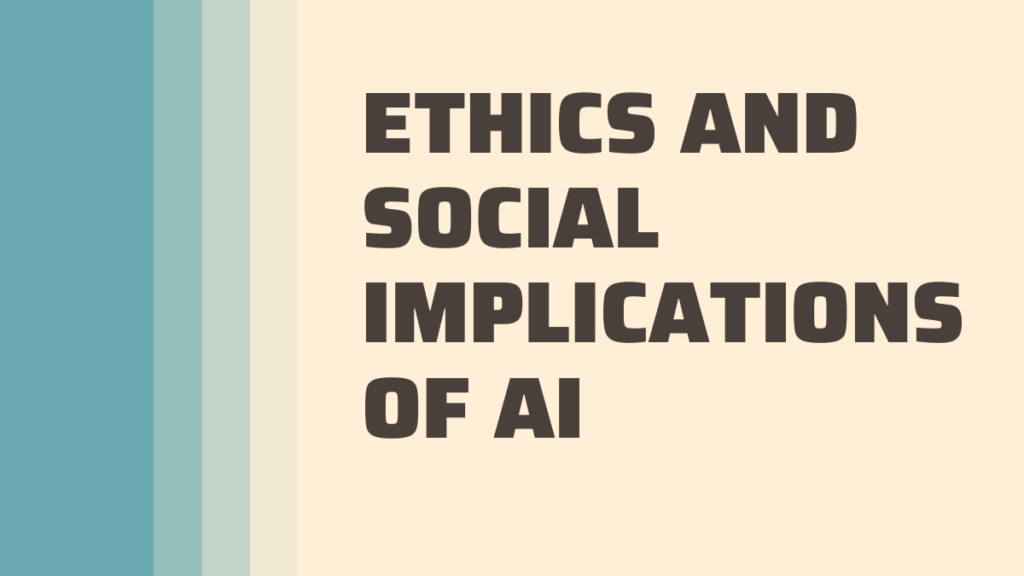
While Artificial intelligence offers numerous benefits, it also raises important ethical and social questions. One of the primary concerns is job displacement. As Artificial intelligence automates tasks, there is a risk that some jobs will become obsolete. To address this challenge, it is crucial to invest in education and training programs that equip workers with the skills needed for the jobs of the future.
Another ethical concern is bias in AI algorithms. Artificial Intelligence systems are only as good as the data they are trained on, and if that data contains biases, the Artificial Intelligence can perpetuate and even amplify those biases. Ensuring that Artificial Intelligence systems are fair, transparent, and accountable is essential to prevent discrimination and promote social justice.
Privacy is also a significant concern in the age of Artificial Intelligence. The ability of Artificial Intelligence to analyze vast amounts of personal data raises questions about how that data is collected, stored, and used. Robust data protection regulations and ethical guidelines are needed to safeguard individuals’ privacy and ensure that Artificial Intelligence is used responsibly.
7. Future Potential and Conclusion
The future potential of Artificial Intelligence is vast and exciting. As Artificial Intelligence technology continues to advance, we can expect to see even more innovative applications that will transform our lives in ways we cannot yet imagine. From curing diseases and addressing climate change to exploring space and enhancing human creativity, Artificial Intelligence has the potential to solve some of the world’s most pressing challenges.
However, realizing this potential requires a collaborative effort from governments, businesses, and society. It is essential to create an environment that fosters innovation while addressing the ethical and social implications of Artificial Intelligence. By doing so, we can harness the power of Artificial Intelligence to create a better, more equitable, and sustainable future for all.
In conclusion, AI is changing the world in profound ways, transforming industries, enhancing human capabilities, and reshaping society. While there are challenges to address, the benefits of AI are immense, offering the potential to improve our lives and solve global problems. As we navigate this transformative era, it is crucial to ensure that Artificial Intelligence is developed and used responsibly, with a focus on creating a positive impact for humanity.https://techheavolution.com/
